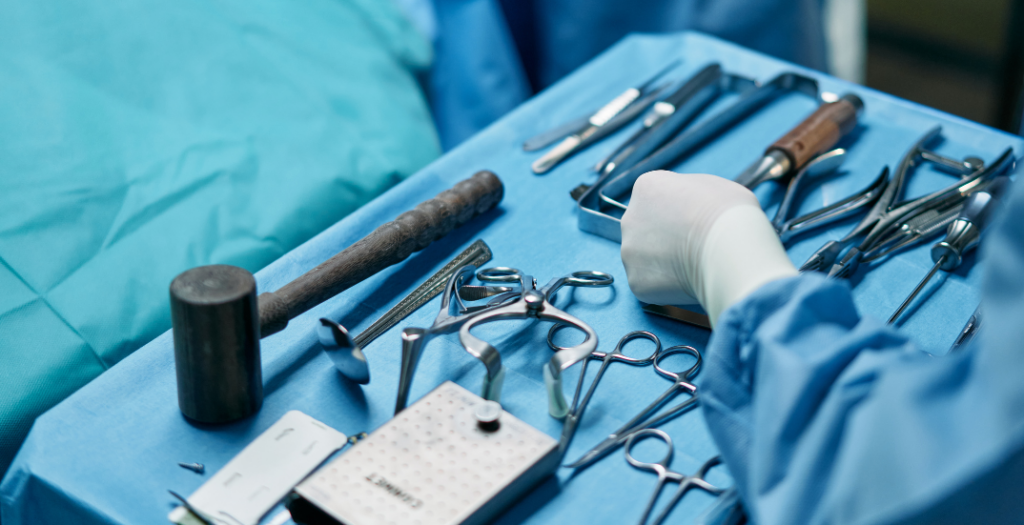Medical devices have revolutionized healthcare by improving diagnosis, treatment, and patient outcomes. However, when these devices malfunction or are defectively designed, they can cause severe injuries or even fatalities. Understanding the risks associated with defective medical devices is crucial for patients, caregivers, and healthcare providers alike.
In this article, we explore what defective medical devices are, how they impact patient safety, and what steps you can take if you or a loved one has been affected.

Content
What Are Defective Medical Devices?
Defective medical devices refer to any medical equipment, implants, or instruments that have flaws in design, manufacturing, or labeling that make them unsafe for use. This can include:
- Design defects: The device was inherently unsafe due to its design.
- Manufacturing defects: Errors or contamination occurred during production.
- Failure to warn: Inadequate instructions or warnings about risks and usage.
Common examples of defective medical devices include hip replacements that fail prematurely, pacemakers that malfunction, or surgical mesh causing internal injuries.
Because these devices play a critical role in health and recovery, a defect can lead to devastating consequences, including chronic pain, infection, disability, or death.
How Do Defective Medical Devices Impact Patient Safety?
Medical devices are supposed to improve patients’ health, but when defective, they may cause:
- Physical injuries: Broken devices can cause fractures, internal bleeding, or tissue damage.
- Complications requiring surgery: Patients might need corrective surgery to remove or fix the faulty device.
- Infections: Malfunctioning devices can increase the risk of infection, sometimes life-threatening.
- Emotional and financial stress: Medical complications often lead to loss of income, expensive medical bills, and emotional trauma.
The FDA (Food and Drug Administration) regularly recalls devices found to be defective. However, many patients are unaware of recalls or the risks until after experiencing harm.
What Should You Do if You Suspect You Have a Defective Medical Device?
If you believe a medical device implanted or used on you is defective, it is essential to take action immediately:
- Seek Medical Attention: Consult your doctor to evaluate any symptoms or complications.
- Document Everything: Keep all medical records, receipts, and communication related to the device and your treatment.
- Report the Issue: Notify the FDA’s MedWatch program or other regulatory bodies about your experience.
- Consult a Medical Device Lawyer: Legal experts can help determine if you have a case for compensation due to injury or harm caused by the defective device.
For personalized legal advice and support, consider reaching out to More2You, a trusted resource specializing in defective medical device claims. They offer expertise in navigating the complexities of these cases and advocating for victims’ rights.
You can also explore their detailed information on Defective Medical Devices to better understand your options and the legal process involved.
Why Are Lawsuits Against Defective Medical Devices Important?
Holding manufacturers accountable through lawsuits is crucial because:
- It forces companies to improve safety standards.
- It raises awareness about potentially harmful devices.
- It compensates victims for medical expenses, pain, and suffering.
Medical device litigation also helps uncover systemic issues that may not be immediately apparent, prompting regulatory agencies to take action and protect public health.
Final Thoughts
Defective medical devices pose a serious threat to patient safety, yet many victims remain unaware of their rights or the full extent of their injuries. If you or a loved one has experienced complications from a medical device, it’s vital to act quickly and seek both medical and legal guidance.
For more information on defective medical devices and to explore your legal options, visit More2You. Their knowledgeable team is ready to help you navigate this challenging situation and secure the compensation you deserve.

Jesus is a health blog author who has been writing about nutrition, fitness and healthy living for over 10 years. He also loves to run, hike and bike with her wife.





